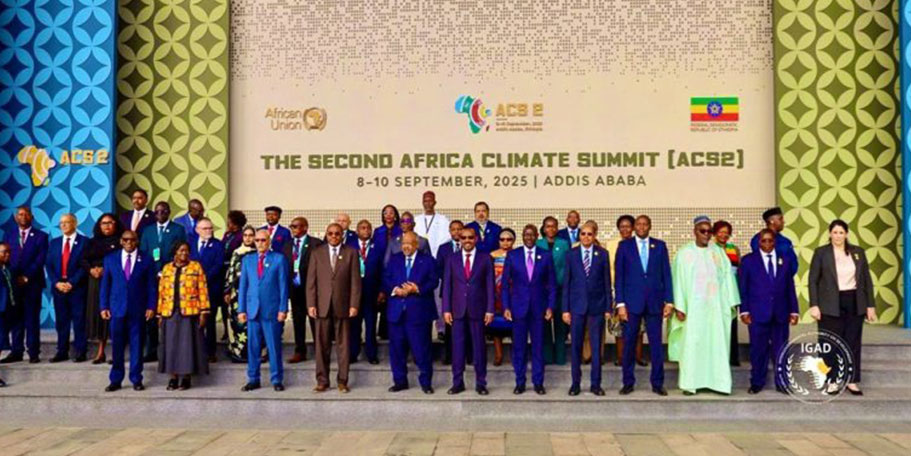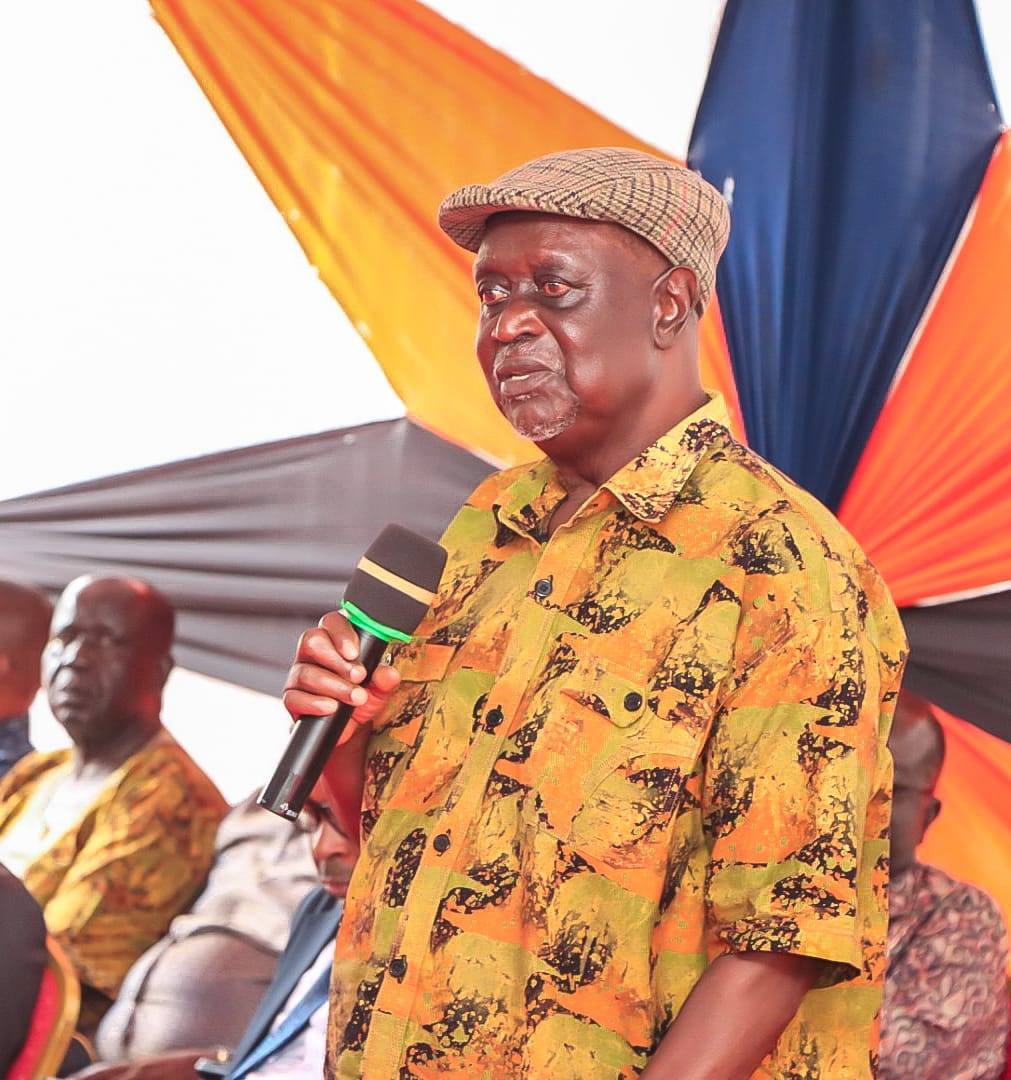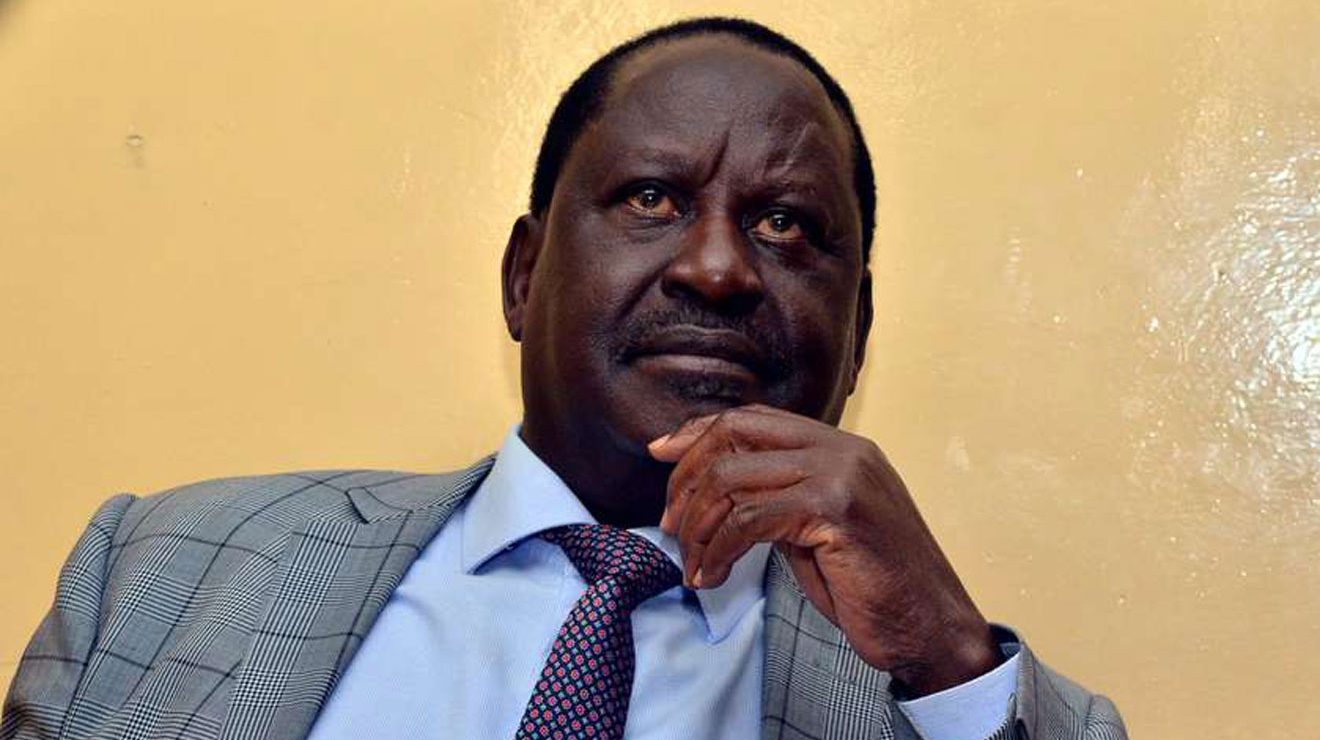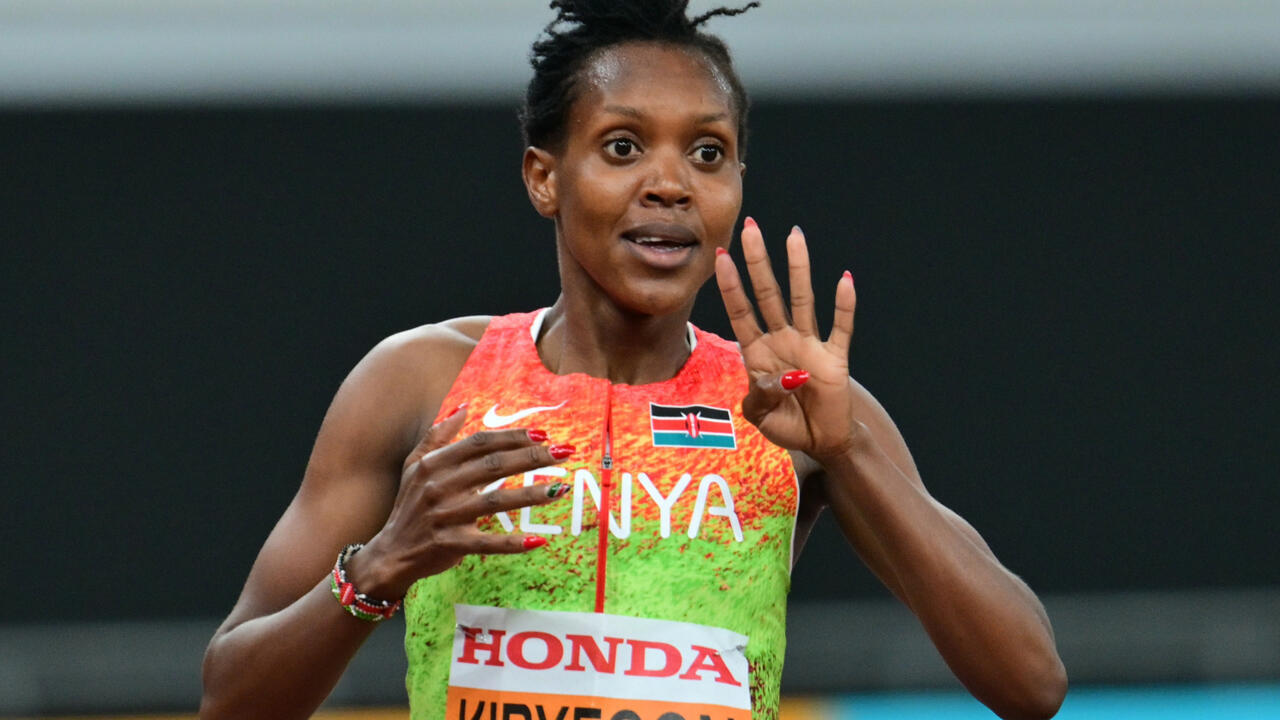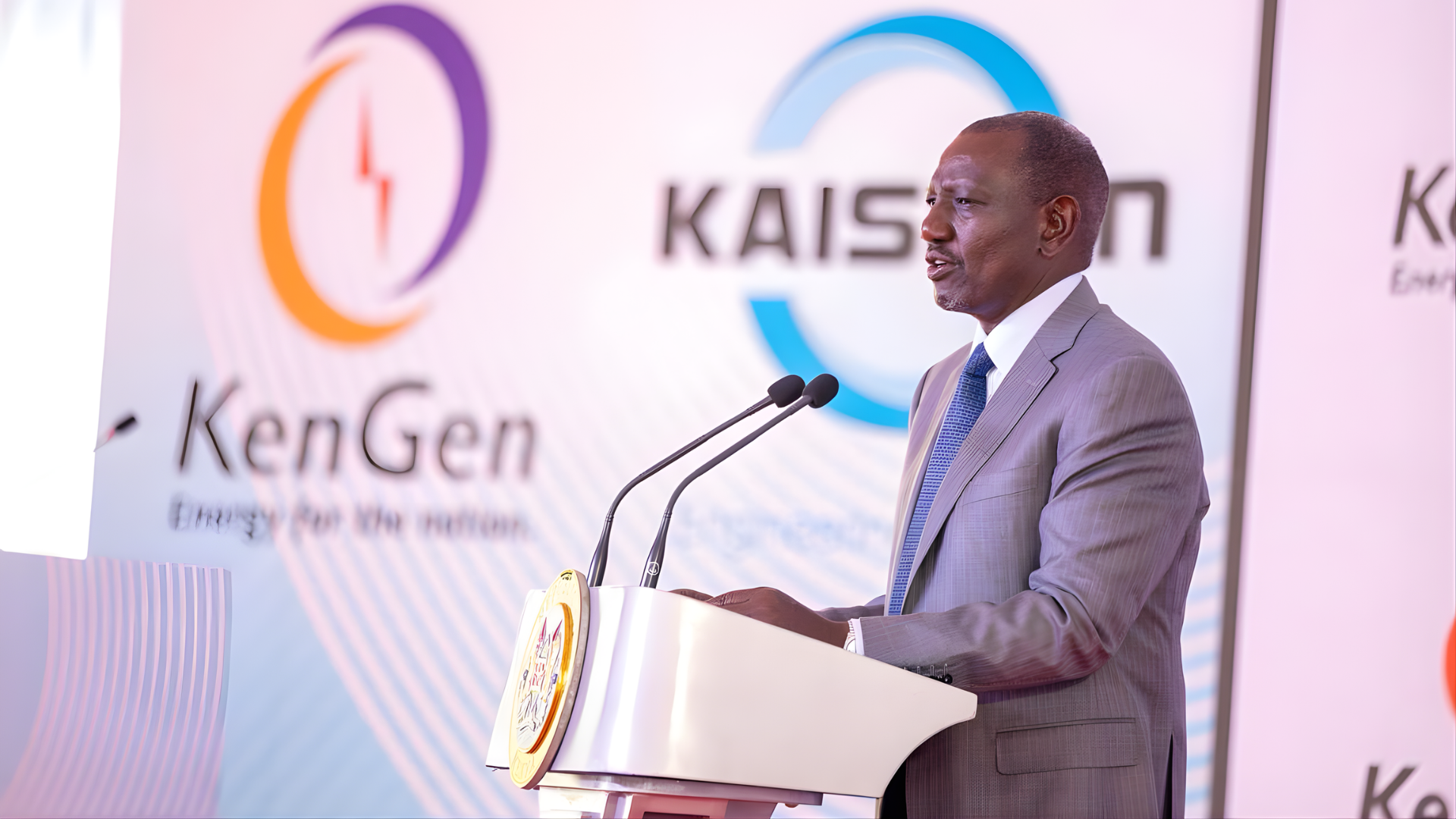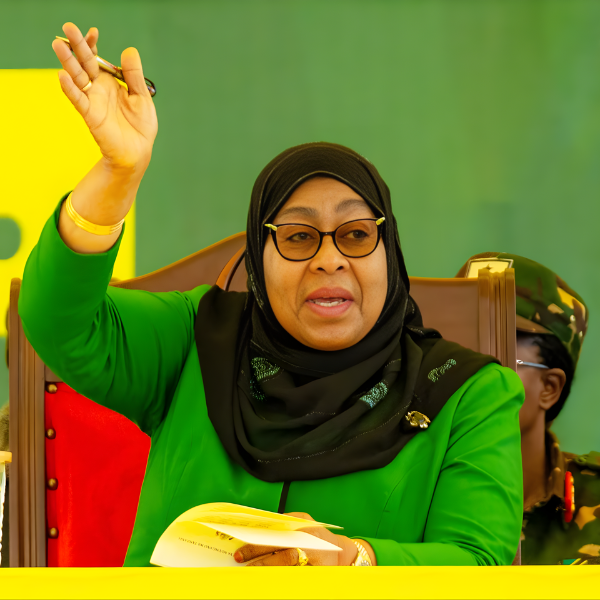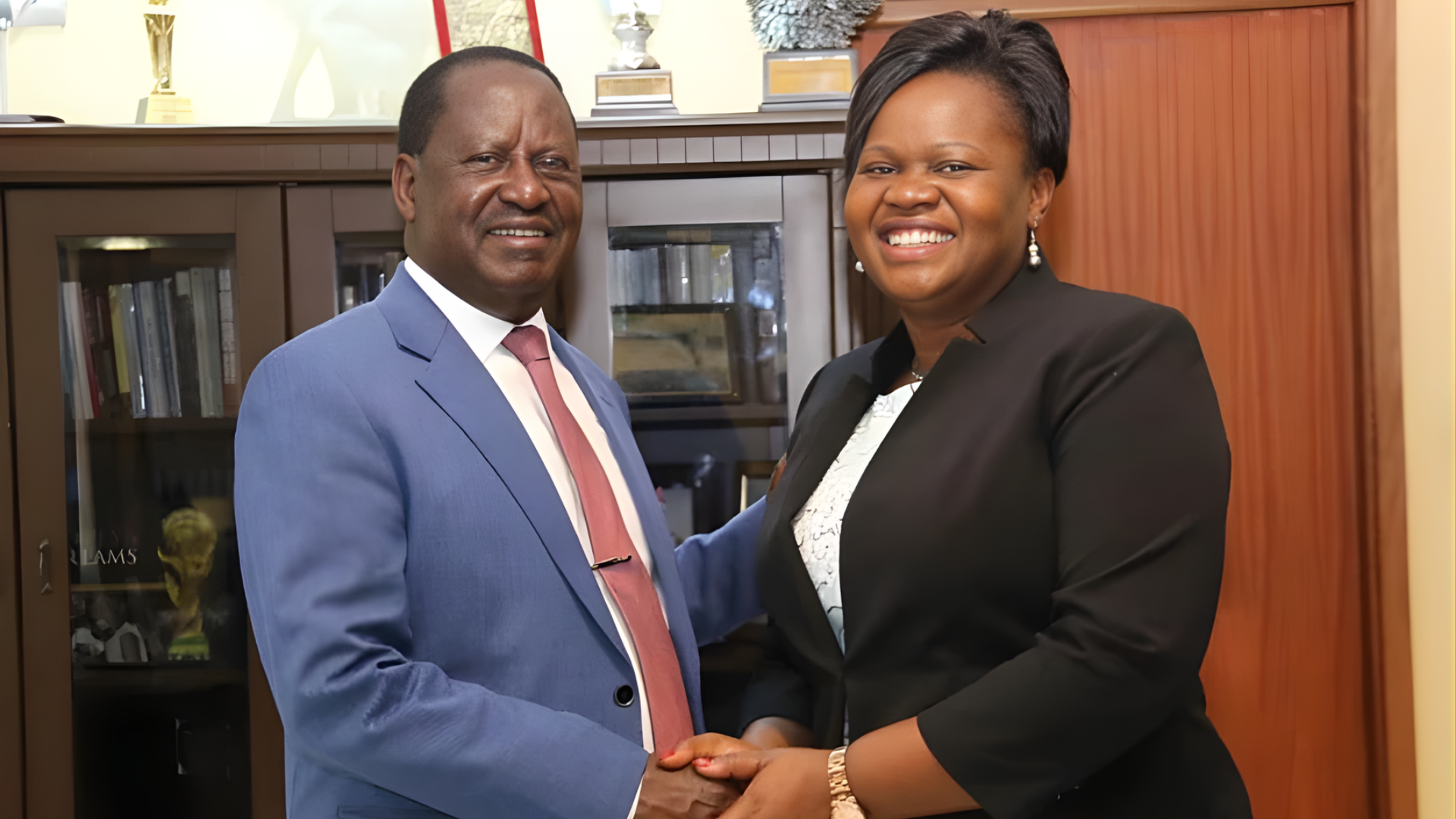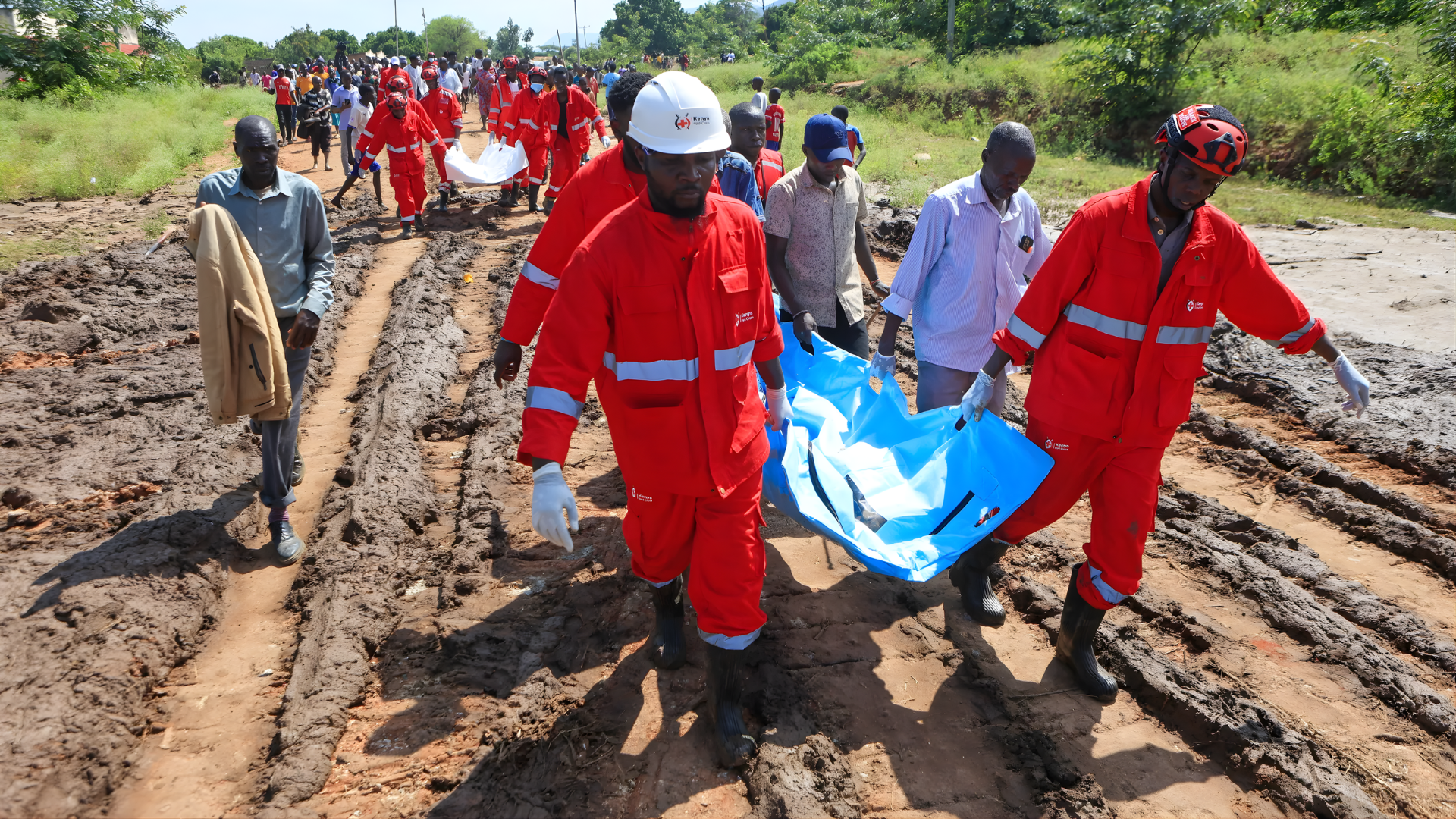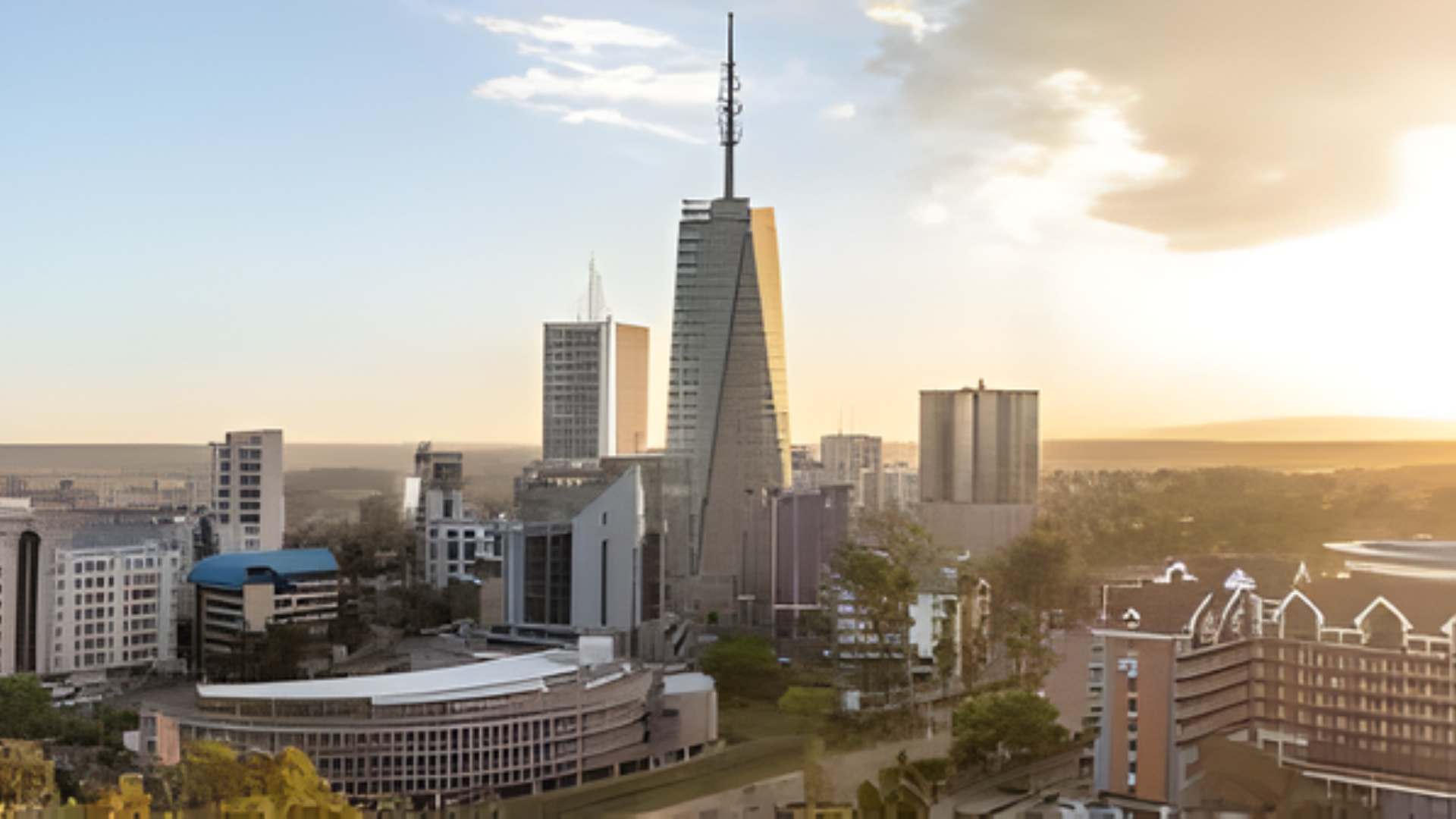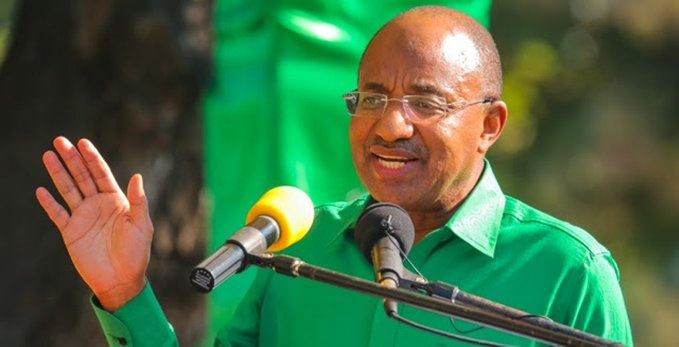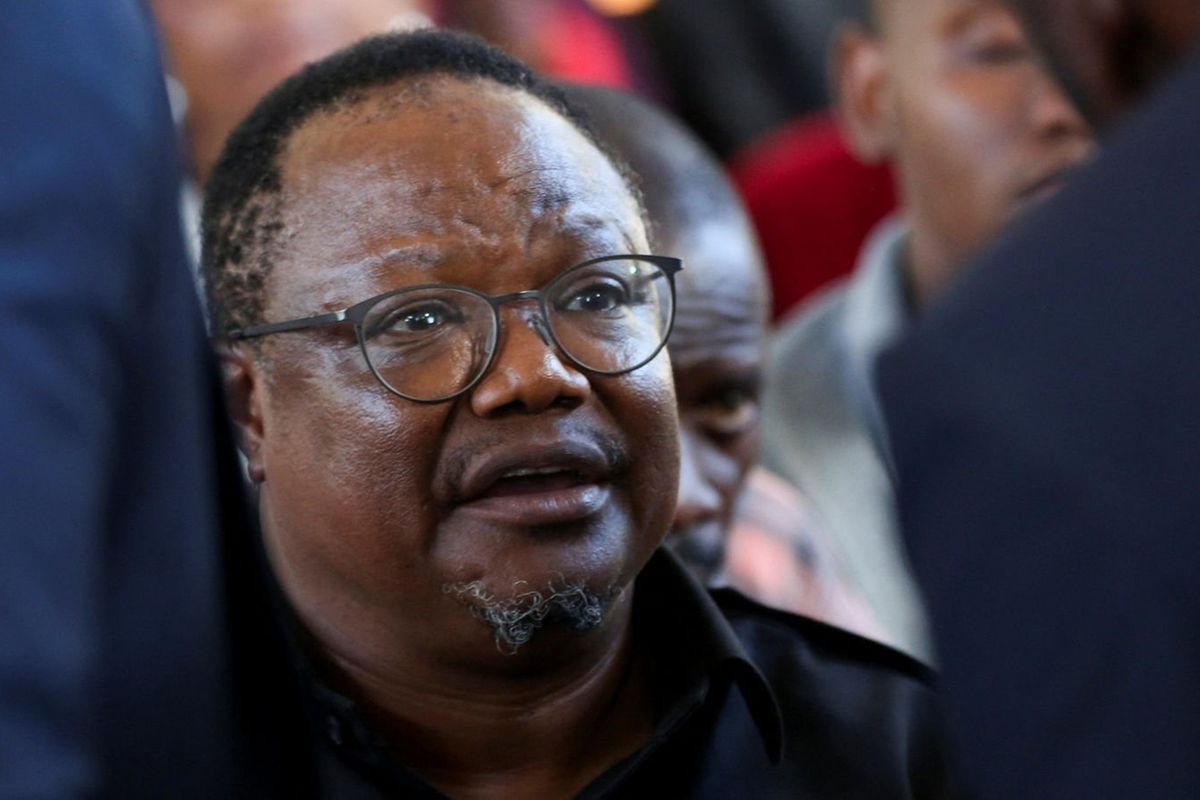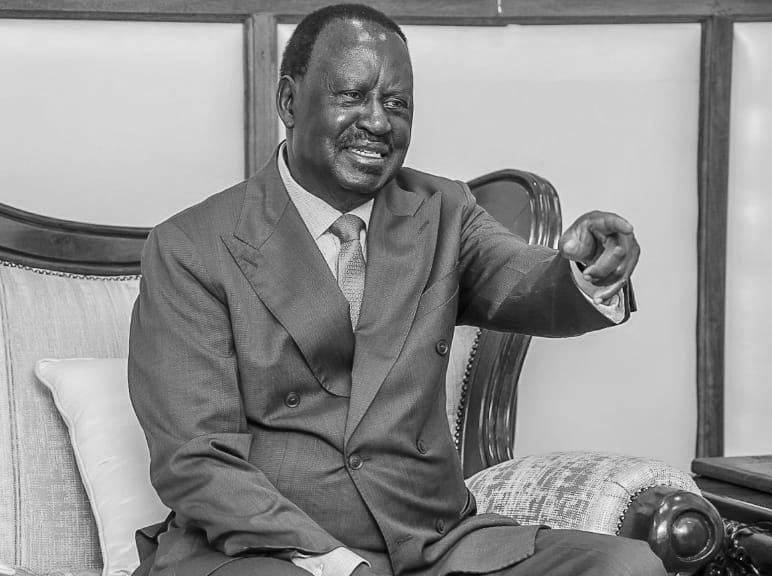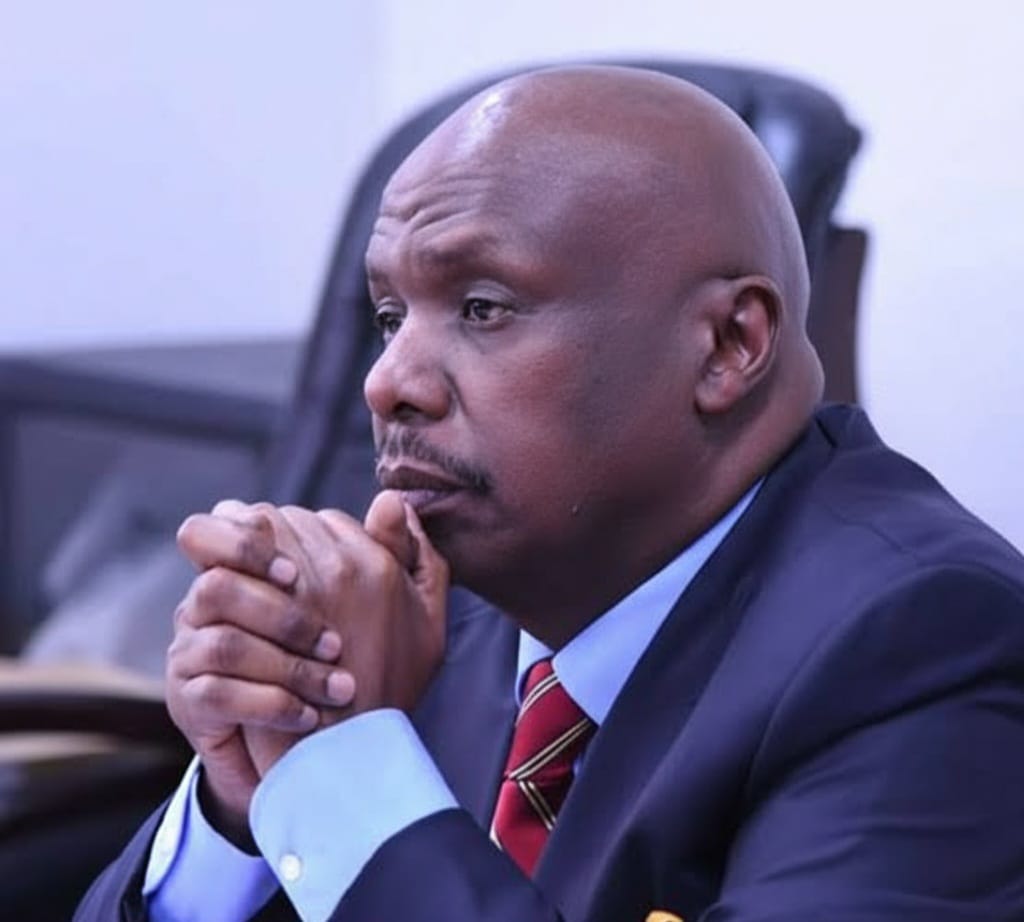In a powerful shift from victim to visionary, Africa is decisively changing the global narrative on climate change. Despite contributing the least to global emissions, the continent is spearheading a ambitious movement, positioning itself as a hub of climate innovation and solution. This new era of leadership, championed by figures like Kenya's President William Ruto and backed by unified continental bodies, was on full display at the recent Africa Climate Summit, which concluded with historic financial pledges and a clear, unified demand for climate justice.
The Imperative for Action
The urgent need for this African-led climate revolution is underscored by devastating impacts already unfolding across the continent.
- Rising Temperatures and Seas: Data shows Africa is warming rapidly, with average surface temperatures in 2024 approximately 0.86°C above the 1991–2020 average. North Africa is warming even faster, at 1.28°C above that average . Surrounding oceans are also seeing record-high sea surface temperatures, with nearly the entire ocean area around the continent affected by severe marine heatwaves .
- Extreme Weather and Displacement: The human and economic costs are staggering. In 2024 alone, floods, heatwaves, and droughts forced 700,000 people from their homes across Africa . Climate change is already costing African countries an average of 2% to 5% of their GDP, with some spending up to 9% of their national budgets on climate disaster responses .
- A Crisis of Basic Needs: These disasters are not isolated events but are exacerbating hunger, displacing populations, and crippling development. From devastating floods in South Sudan that wiped out vital cattle herds to droughts in Malawi, Zambia, and Zimbabwe that decimated cereal harvests, the climate crisis is directly undermining livelihoods and food security for millions .
A Unified Continental Response
In response to these escalating challenges, African nations are moving with a collective purpose, forging a common agenda that prioritizes green growth and climate justice.
- The Second Africa Climate Summit: A pivotal moment in this movement was the Second Africa Climate Summit (ACS2) held in Addis Ababa, Ethiopia, in September 2025. Convened by the African Union Commission and the Ethiopian government, the summit brought together over 25,000 delegates under the theme “Accelerating Global Climate Solutions: Financing for Africa's Resilient and Green Development” .
- The Addis Ababa Declaration: The summit culminated in the African Leaders’ Addis Ababa Declaration, a historic document that positions Africa at the forefront of the global climate economy. It signals a definitive move "from crisis to opportunity, from aid to investment, and from external prescription to African-led innovation" .
- Championing Climate Justice: African leaders are speaking with one voice to demand urgent reforms of the global financial architecture. They are calling for lower borrowing costs, expanded African representation in global financial governance, and for climate finance to be delivered as grants, not loans, to avoid worsening the continent's already fragile debt burdens .
Homegrown Solutions and Billion-Dollar Commitments
The summit was not just about rhetoric; it was a platform for launching concrete, continent-wide initiatives backed by significant financial firepower.
- Financing a Green Industrial Revolution: A cornerstone announcement was the $100 billion commitment from major African financial institutions to the Africa Green Industrialisation Initiative. This initiative aims to grow local eco-friendly industries, create jobs, and establish Africa as a key player in the global green economy .
- The Africa Climate Innovation Compact: To fuel grassroots ingenuity, the Africa Climate Innovation Compact and the African Climate Facility committed to mobilizing $50 billion annually in catalytic finance. The goal is to deliver 1,000 African-led climate solutions by 2030 in sectors like energy, agriculture, and water .
- Showcasing Local Leadership: The summit highlighted successful homegrown projects, including Ethiopia’s Green Legacy Initiative, which has planted billions of trees, and Rwanda’s Ireme Invest, a green investment facility supporting local businesses . These examples prove that Africa is already a living laboratory for climate resilience.
Kenya's President Ruto: A Vocal Advocate
Kenya’s President William Ruto has emerged as a leading voice in Africa's climate charge, consistently arguing that climate action is an economic opportunity, not a burden.
- A Call for Global Solidarity: At the summit, President Ruto challenged the international community to stand in solidarity with Africa, stating that "isolation is not a winning strategy" in the fight against climate change. He argued that the global system must dismantle structural barriers holding the continent back .
- Integrating Climate and Finance: President Ruto has powerfully advocated for integrating climate finance into debt lending frameworks. He has called for reforms that would lower the cost of financing, mobilize private investment at scale, and open global markets to Africa's value-added green goods and carbon credits .
- Leadership on the Global Stage: Kenya's climate diplomacy extends beyond the continent. At the 80th Session of the United Nations General Assembly, Kenya continued to advance a unified African position for the upcoming COP30 climate conference, reinforcing its role as a key multilateral player in environmental governance .
Building a Climate-Resilient Future
Beyond high-level finance and politics, African nations are implementing practical, life-saving measures to protect their populations from immediate climate threats.
- Early Warnings for All: A critical focus is on closing the gap in early warning systems. Currently, only about 40% of Africans have access to these life-saving alerts, the lowest rate of any region . The World Meteorological Organization (WMO) is working with African governments through the Early Warnings for All Action Plan to protect everyone by 2027 .
- A Model Climate Law: To strengthen governance, a new Model Climate Change Law for Africa was presented. This framework will help countries incorporate their international climate commitments into national law, making it easier to enforce climate responsibilities and for citizens to hold governments accountable .
- Investing in Health and Resilience: Recognizing the direct link between climate and public health, leaders at the summit pledged to establish dedicated financial mechanisms to address climate-related health threats, from deadly heatwaves to the spread of vector-borne diseases .
The journey ahead for Africa is undeniably complex, with a vast climate finance gap remaining a significant challenge. However, the continent has decisively shifted the conversation. Africa is no longer asking for charity but demanding justice and partnership. It is presenting itself not as a problem to be solved, but as an essential partner in building a stable, prosperous, and green global future. As the world looks toward the critical COP30 climate talks, the unified, ambitious, and solutions-oriented stance emanating from Africa is poised to reshape the global climate dialogue.

